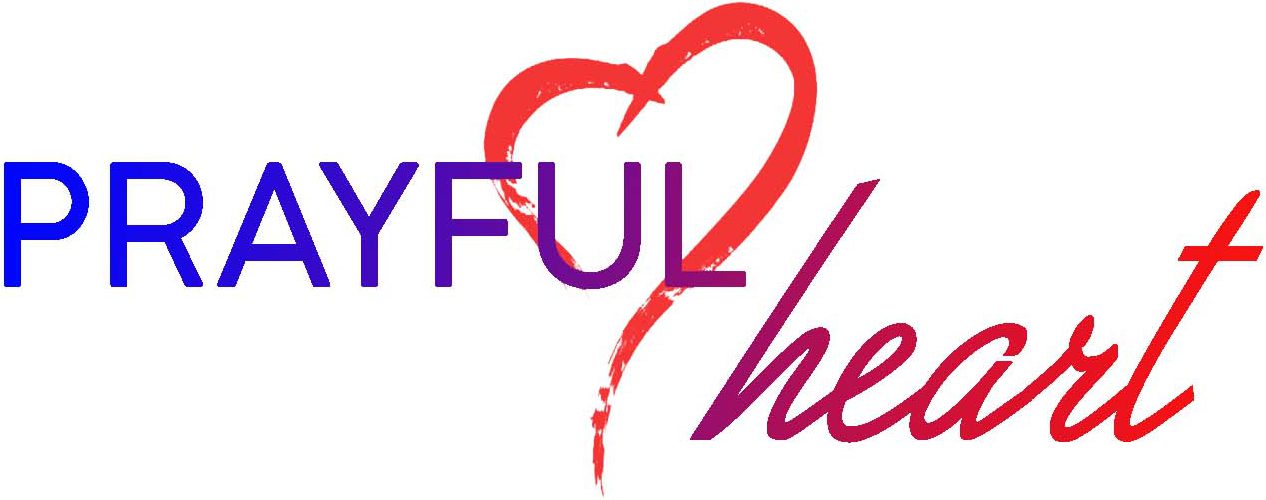Prayer in the Morning is a powerful way to begin your day with peace, gratitude, and purpose. In today’s busy world, it’s easy to jump into the day without taking a moment to be still. Yet, when we set time aside for morning prayer, we invite God into every part of our day.
Even a short moment of prayer can shape how we think, speak, and act throughout the day. Whether you are a student, parent, worker, or elder, morning prayer brings comfort and hope. In 2025, as stress and distractions grow, the need for morning spiritual routines is even greater.
Why Prayer in the Morning Matters
The early hours are special. The world is quieter, and our minds are clear. Prayer in the morning helps us set intentions and focus on what really matters. It reminds us that we are not alone. When we pray first thing in the morning, we hand over our worries, dreams, and tasks to God.
Research shows that morning habits shape our mindset. Adding prayer into that routine builds spiritual strength. It helps reduce anxiety and increases mental clarity. Instead of rushing into emails or social media, prayer provides inner peace and structure.
Historical and Spiritual Roots of Morning Prayer
Morning prayer has deep roots in many religious traditions. From the Psalms of King David to the practices of Christian monks, prayer in the morning has always held a sacred place. In Catholic and Orthodox Christianity, daily prayer is tied to specific times called the Liturgy of the Hours. The morning hour is called Lauds, a time of praise.
In Islam, the first prayer of the day (Fajr) is offered before sunrise. Jewish morning prayer (Shacharit) also begins early, focusing on gratitude and connection to God. Even non-religious spiritual traditions teach the value of morning stillness and reflection.
Read more: Morning prayer time
How to Start Prayer in the Morning
You don’t need to pray for hours. Even a 5-minute prayer in the morning can change how you feel and think. You can pray while sitting in bed, walking outside, or sipping coffee. The key is to be consistent and honest in your conversation with God.
Many people use the ACTS method:
- Adoration: Praise God for who He is.
- Confession: Say sorry for wrongs you’ve done.
- Thanksgiving: Thank God for blessings.
- Supplication: Ask for help for yourself and others.
You may also read scripture, sing a hymn, or simply sit in silence. Let your morning prayer reflect your heart.
Sample Morning Prayer Routine (2025 Style)

In 2025, digital noise is louder than ever. A short and structured morning prayer routine helps calm the soul. Here’s a simple example to follow.
| Time | Action | Why It Helps |
|---|---|---|
| 6:30 AM | Wake up and sit quietly | Calms the mind, invites stillness |
| 6:35 AM | Say a short morning prayer aloud or silently | Connects you with God |
| 6:40 AM | Read a short Bible passage or reflection | Feeds the spirit |
| 6:45 AM | End with gratitude and a blessing for the day | Starts the day with hope |
You don’t have to follow this exactly. What matters is your personal connection to God. Choose the words and actions that make your spirit feel alive.
Benefits of Prayer in the Morning
Many people who pray in the morning report feeling calmer and stronger. Morning prayer trains the heart to focus on faith, rather than fear. The benefits go beyond the spiritual. They touch the emotional, mental, and even physical parts of life.
Here’s a look at the core benefits:
| Benefit | Impact |
|---|---|
| Reduces stress | Creates peace and eases anxiety |
| Improves focus | Helps prioritize goals and tasks |
| Builds spiritual habit | Creates a sacred rhythm to your routine |
| Increases gratitude | Shifts mindset to see blessings |
| Strengthens faith | Grows trust in God during hard times |
Even on difficult mornings, prayer in the morning can be the anchor that holds you steady.
Prayers from Saints and Tradition
Throughout history, saints and spiritual leaders wrote morning prayers to guide the faithful. These timeless words remind us that every day is a gift. In 2025, these prayers are still meaningful.
St. Thérèse of Lisieux Morning Offering:
“O my God, I offer Thee all my actions of this day… for the intentions and glory of the Sacred Heart of Jesus.”
St. Augustine’s Prayer to the Holy Spirit:
“Breathe into me, Holy Spirit, that my thoughts may all be holy…”
These classic prayers are rich with truth. You can learn them by heart or write your own based on their themes.
Morning Prayer and Mental Health in 2025
In recent years, therapists and counselors have noticed the mental health benefits of spiritual routines. Morning prayer gives people a sense of control and peace. In a time where anxiety, depression, and burnout are rising, prayer is a quiet but strong answer.
Mental health experts now include mindfulness, meditation, and even prayer in the morning as part of self-care strategies. These practices reduce cortisol (stress hormone) and promote a positive mindset.
The beauty of morning prayer is that it’s free, personal, and always available. Whether spoken, silent, or written, prayer offers a space where healing can begin.
Making Prayer a Daily Habit
Making prayer in the morning a habit takes time. You may miss a day or two, and that’s okay. What matters is showing up again. Choose a regular time and pair prayer with something you already do. This is called habit stacking.
For example, say a prayer while:
- Drinking your morning tea
- Watching the sunrise
- Brushing your teeth
- Journaling in your notebook
Soon, prayer becomes as natural as breathing. It becomes the quiet moment that shapes your whole day.
Read more: Prayer and supplication
Modern Tools for Morning Prayer
Today, apps and websites can help you stay connected to prayer. In 2025, Catholic apps like Hallow and Pray As You Go offer audio prayers, scriptures, and reflections. These tools can remind you to take a few minutes to connect with God.
If you like writing, you can keep a morning prayer journal. Write down what you’re thankful for, what you’re asking God for, and any insights that come during prayer. Over time, this journal becomes a record of your spiritual journey.
Frequently Asked Questions (FAQs)
What is the best time for prayer in the morning?
The best time is when your mind is calm and free. Many pray right after waking up.
Can I do prayer in the morning without reading the Bible?
Yes. Morning prayer can be simple. A spoken or silent prayer is enough to start.
Do I have to pray out loud in the morning?
No. You can pray silently, write it down, or say it aloud—whatever feels right to you.
What if I forget to pray some mornings?
That’s okay. Just try again the next day. Building habits takes time and patience.
Conclusion
Prayer in the morning is more than a habit—it’s a spiritual anchor. It welcomes God into your life before the day begins. Whether you have five minutes or fifty, that time with Him changes your day—and changes you.
So tomorrow morning, before reaching for your phone or racing into your to-do list, pause. Whisper a prayer. God is listening.

